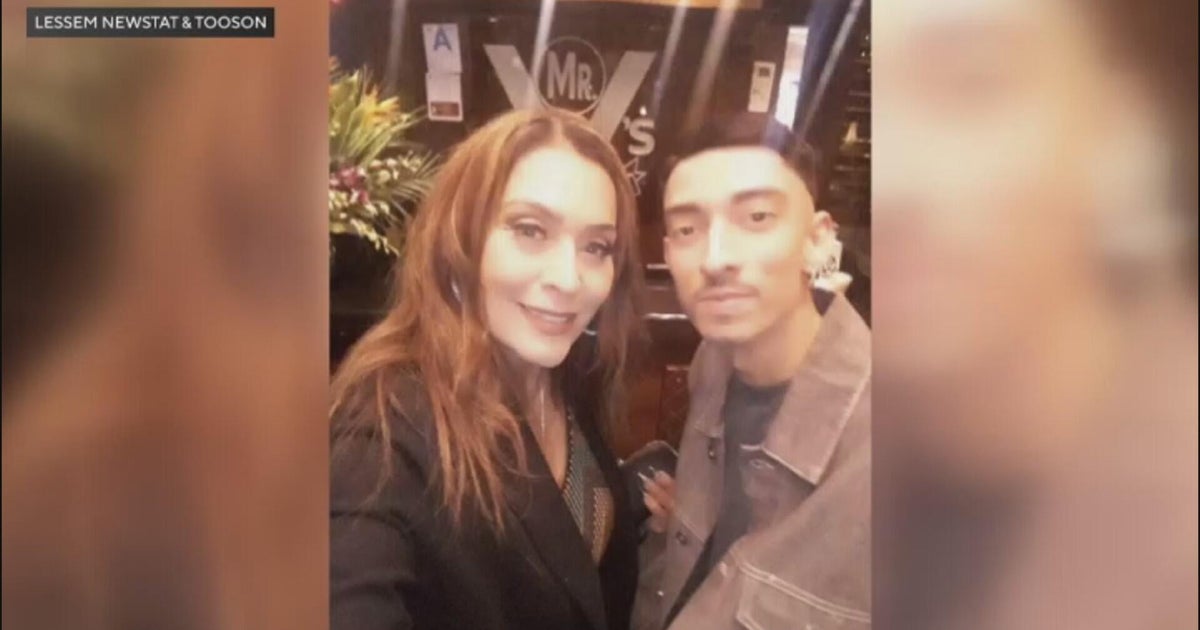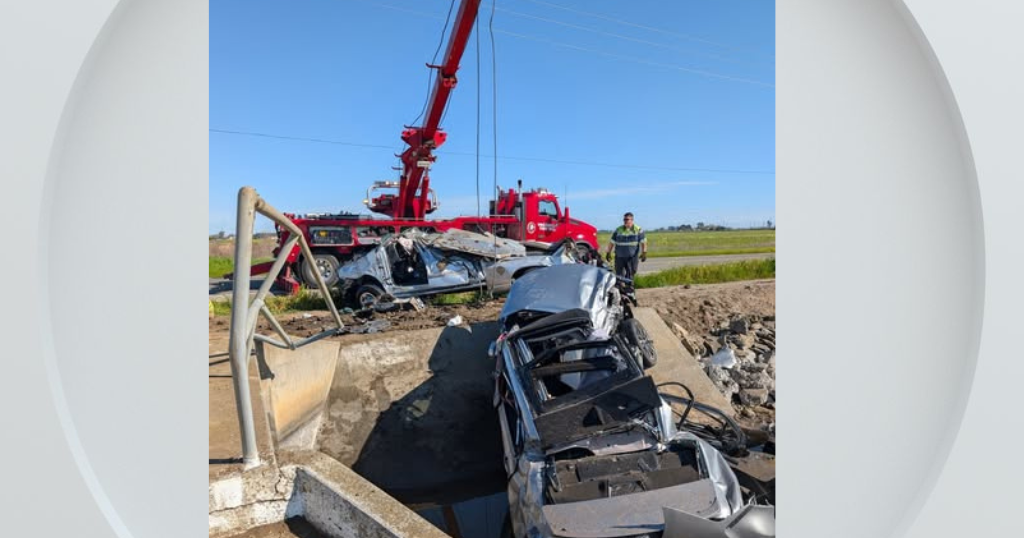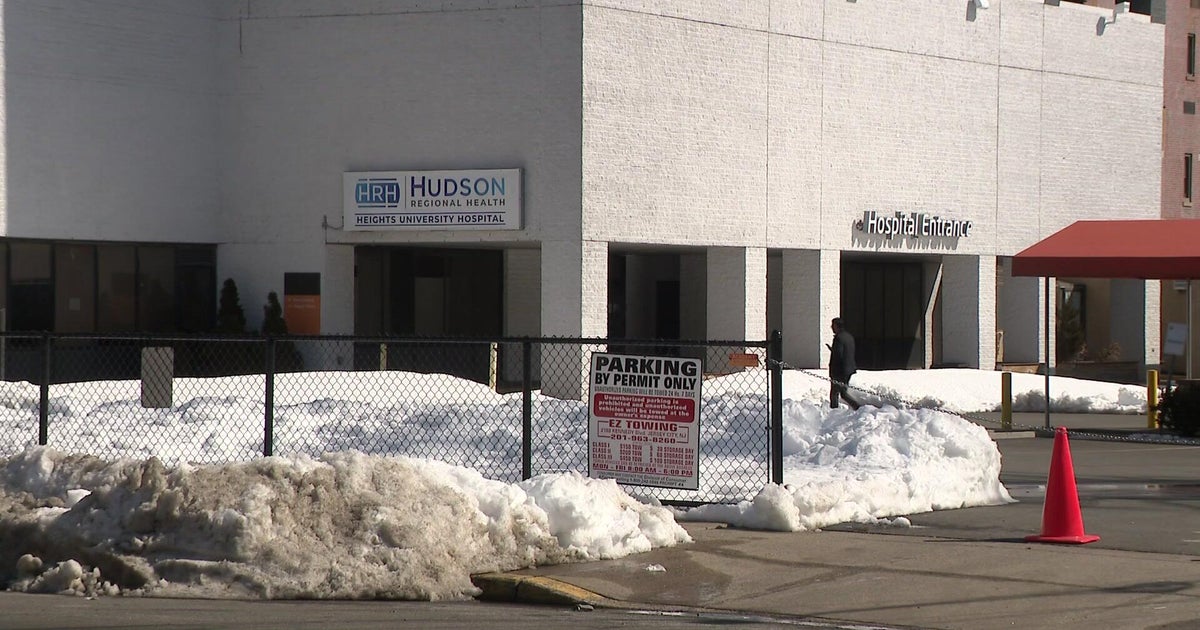Mental Health Advocate: PTSD Needs Greater Attention
FORT WORTH (CBSDFW.COM) - Mental health advocates like Dana Beard say cases like Eddie Routh's are signs of a flawed health care system. Despite his family's efforts to have him treated for Post Traumatic Stress Disorder after returning from duty in Iraq, there are no laws allowing family members to have relatives committed.
Routh claims to have shot and killed decorated war veteran and sniper Chris Kyle and his friend Chad Littlefield Saturday because he wanted a truck. "All you can do is depend on the system, really, to make sure they're kept in the hospital and they're not released," said Beard who is a spokesperson for the Fort Worth office of the National Alliance on Mental Illness. "And that they're getting the proper care from the doctor."
When asked what she thinks of the medical system as it is now Beard said, "I think it's shattered. Very shattered."
Beard knows the effects of Post Traumatic Stress Disorder firsthand. It started when her 15-year old son suddenly died from an aneurysm. "I spun out of control after his passing," Beard said. "All I could remember was seeing him on the ventilator and it's just, it's heartbreaking."
It was then Beard found out her boyfriend of two years had lied. She says he had completely faked his identity to hide the fact he was married. She confronted him. He beat her badly. She says it took months to recover from the physical injuries. But the emotional wounds lingered far longer.
Flashbacks of those events emotionally paralyzed Beard. "You're drinking from sunup to sun down just so you don't have to feel anything," Beard said. "And drinking -- when you're self medicating, you're doing more harm to yourself and your family. When you have PTSD you're really numb. You have no feelings for the other person. You're just going through the motions of life and you're trying to get by every day."
And Beard says without having some form of intervention available to families, stories like Routh's are bound to repeat themselves.
When a therapist asked Brandon Blackstone to re-enact a traumatic incident from Iraq, the young Marine with PTSD flashed back to a different time and place. "I honestly didn't realize like I was in the doctor's office anymore," said Blackstone.
Called exposure therapy, it was the same type of technique experts in PTSD believe Chris Kyle was using when he took his accused killer to a gun range.
On its website, the U.S. Department of Veterans Affairs calls exposure therapy 'one of the most effective treatments for PTSD.'
At the Soul Repair Center at TCU, retired Army chaplain Herman Keizer said he has used the therapy as well, but he believes Kyle made a mistake. "He was not trained as a therapist," said Keizer. He added that a gun range was the last place Kyle should have taken Routh there given his documented history of threatening suicide and drinking. "I don't know how much he knew. But if he knew he was that violent, and took him to the range, that's a big no no."
Find information on mental health issues and help: www.nami.org
(©2013 CBS Local Media, a division of CBS Radio Inc. All Rights Reserved. This material may not be published, broadcast, rewritten, or redistributed.)
Also Check Out:







